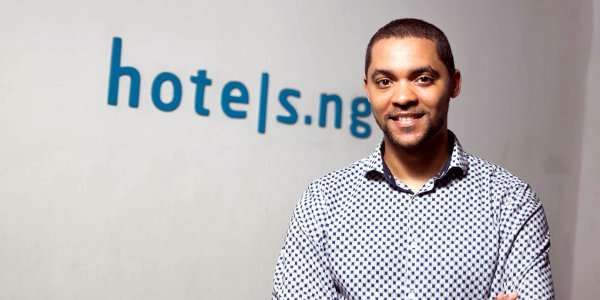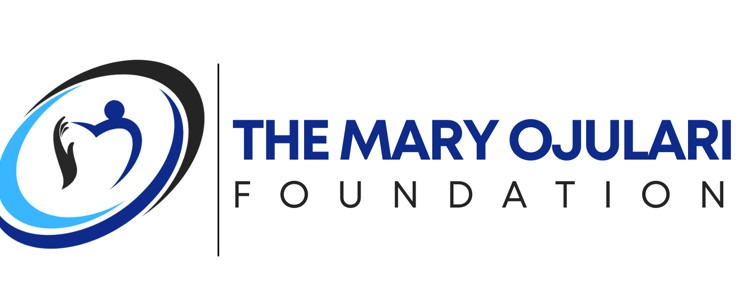How to Get a Job At Hotels.ng

Hotels.ng launched its jobs portal a process that formalized its hiring process into some of the most unusual screening questions, and since then the online hotel booking portal has seen some interesting responses from applicants and online commentators alike.
One defining thread of the hotels.ng hiring process is that it is unconventional,and you will need more than a keen ability to seek answers out on Google to pass the first-stage test, which is essentially an online test. In April 2015, the founder/CEO, Mark Essien, published the results of one such screening process on his blog, a story that was picked up by CNN and other top websites, confirming finally that Hotels.ng is an internet startup looking for a specific mindset with every recruitment drive.
In the last three years of running Hotels.ng, Mark Essien says, the company has evaluated over 5,000 applications, and of that number about 150 people have been hired for the positions advertised.
“On average, 90% of applicants to Hotels.ng do not make it to the interview stage,”Mark Essien says. “Over the course of screening applicants for key roles in the team, I have found out that most people who never make it to the interview stage share a marked similarity in their approach to job applications. I believe also that- mercifully – people who are perpetually screened out of job interviews can understand the reason for this and make fixes accordingly:
“One simple perspective alignment technique applicants should adopt is understanding what a job means. The objectives of the job seeker is a little different from that of the hiring company: the average job seeker needs a job that gives them money. The hiring company is looking to employ people who will help it make MORE money.
“Consider this example: when you come across an ad for a sales position, you should implicitly understand that the company is looking to employ someone who can increase the sales of the company by a factor that is greater than the salary the company pays you. To put this succinctly: your benefit to your company must always outweigh the cost of having you on the payroll.
“With that in mind,” says Mark, “if it is perceived that you do not have the skills that will allow you add revenue to the company, you will automatically not get employed. This is why it’s a bit interesting to find non-engineers applying to engineering jobs: you would be merely wasting everybody’s time, including yours.
“Define, then, before you apply, your value proposition to the company you are engaging.”On the subject of communication, Mark Essien notes that depending on where you are applying to, your evaluation might start earlier than you think.“Social media makes everyone accessible to everyone else, so it is quite easy to send a private message to a potential employer on Twitter, or Facebook – even before arriving at their email inboxes. This is your opportunity to shine, so it is counterintuitive for you to have bad grammar or spelling in your messages. Use the right punctuations: be polite and professional – be stellar at all times.
“Writing has become a blanket requirement for employees of modern companies. It is essential that all team members be able to write well and communicate fluently. If you were unable to properly format and proofread your CV before sending it in, it is an indication that you would be equally unscrupulous with official communications.
“People say cast your bread upon many waters, but the easiest way to not get a job is by applying to too many jobs. What you should do is research the company you want to be a part of and know enough about the team that it reflects in your application.“If you mass-blast your application, you will be greeted by loud silence.”
Editor’s note:This article was contributed by Hotels.ng a leading Hotel booking Startup based in Nigeria,Africa







